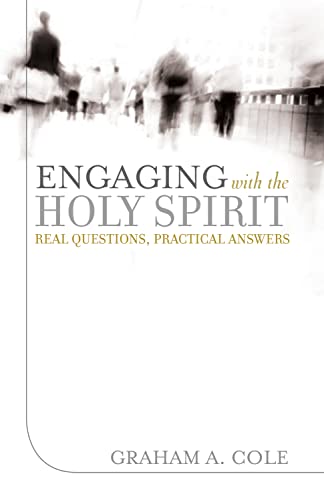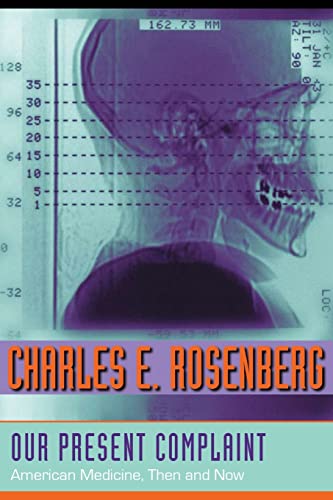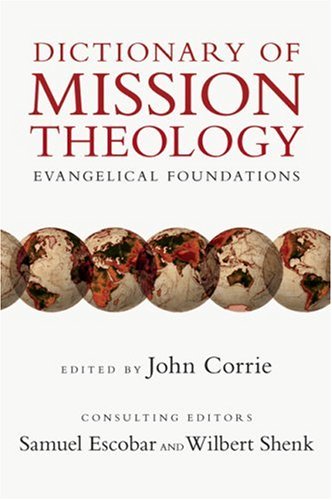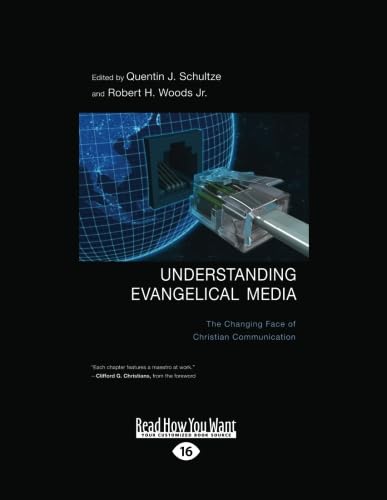Engaging with the Holy Spirit: Real Questions, Practical Answers
Written by Graham A. Cole Reviewed By Steven L. PorterGraham Cole’s Engaging with the Holy Spirit is the kind of book we need more of within evangelical theology: concise, accessible, and practical. Cole’s introduction touches on the theological method he utilizes throughout, which involves biblical investigation of the issue under consideration, some discussion of contemporary and historical perspectives, and engagement with the practical implications. Cole applies this approach to six questions regarding the Spirit: (1) What is blasphemy against the Spirit? (2) How may we resist the Spirit? (3) Ought we to pray to the Spirit? (4) How do we quench the Spirit? (5) How do we grieve the Spirit? (6) How does the Spirit fill us?
On the blasphemy of the Spirit, Cole makes clear that believers can sin, doubt, and be angry with God and yet not have committed blasphemy. Indeed, Cole emphasizes the pastoral point that an individual’s concern over having committed the unpardonable sin is a good indication that they have not done so inasmuch as such sensitivity is a sure sign of the Spirit’s ongoing work. Cole proposes that blasphemy of the Spirit is a settled opposition to Christ, which, on Cole’s Calvinism, can be committed only by the unbeliever.
On resisting the Spirit, Cole argues that Acts 7:51 in which the term appears is not relevant to the debate between Calvinists and Arminians over irresistible/resistible grace. Rather, in that passage Stephen is speaking of Israel’s rejection of the Word of God and so, Cole reasons, believers today can resist the Spirit when they are resistant to the truth of God’s Word.
Regarding praying to the Spirit, Cole alerts the reader to the fact that there is no biblical precedent for praying to the Spirit although the practice does have historical precedent in the church. Cole accepts a Trinitarian argument in favor of praying to the Spirit, though he stresses the theologically normative shape of prayer as to the Father through the Son by the Spirit.
When it comes to quenching the Spirit, Cole argues that the Pauline term (1 Thess 5:19) is a metaphor for nullifying the Spirit’s work, but that the text does not specify how the Spirit can be quenched. Cole turns quickly to a discussion of the gift of prophecy in which he positions himself as open but discerningly cautious.
Cole maintains that grieving the Spirit takes place when there is a moral discrepancy between what believers say they do and what they actually do. Contrary to classical theism, Cole argues that the Spirit’s grief or sorrow is not metaphorical but that the Godhead does experience different passional states.
Lastly, Cole argues that the fullness of the Spirit in Eph 5:18–21 refers to the filling of the church with other-person-centered practices, which is in contrast to the interpretation that sees the filling of the Spirit as the empowerment for such practices.
Cole is to be commended for clearly and succinctly dealing with several important questions regarding the ministry of the Spirit in a balanced manner that will no doubt be helpful to many Christians. The book has sufficient theological depth to be a resource for those doing research on the issues and passages Cole addresses. And yet, it is also written in an accessible style for a thoughtful layperson who is interested in pneumatology. It should also be noted that Cole has written a more comprehensive theology of the Spirit: He Who Gives Life: The Doctrine of the Holy Spirit (Crossway, 2007).
There are two weaknesses I perceive in the book. First, assuming that space limitations forced Cole to be highly selective regarding the particular issues he addressed, I found myself wishing he would have merged several of the questions and eliminated another which would have made room for him to deal with other matters. In particular, while there is a difference between resisting, quenching, and grieving the Spirit, these three ways of obstructing the ministry of the Spirit could have been treated together and thereby condensed. Also, while the question of praying to the Spirit is important, there would seem to be other questions of greater significance, such as the following: What does it mean to walk by the Spirit? What are the gifts of the Spirit? What is the illumination of the Spirit? What is the indwelling of the Spirit?
The second criticism pertains to Cole’s treatment of being filled with the Spirit. Cole adopts a “newer view” of Eph 5:18–21 in which to be filled with the Spirit is equated with the performance of certain behaviors by the people of God (pp. 106–7). That is, to be filled with the Spirit is to behave in an other-centered manner. But this view could easily suggest a spirituality of autonomous behavior that can exist apart from the Spirit’s empowerment, which seemingly flies in the face of various other New Testament teachings (e.g., Gal 5:16–26). So then one has to make clear that it is only by the Spirit’s enabling grace that these behaviors are meant to be performed. But such a nuanced position ends up reasserting the truth (empowerment of the individual by the Spirit) that the Eph 5 passage supposedly no longer teaches. This result does not mean that Cole’s interpretation is incorrect, but it does make it even more troubling that Cole never deals in his book in any sustained manner with the empowering work of the Spirit. In other words, since Cole thinks that the Eph 5 passage does not teach individual empowerment by the Spirit, Cole’s book on engaging the Spirit ends up without any major treatment of what such engagement brings about in the believer’s life.
Steven L. Porter
Steve Porter is associate professor of theology and philosophy at Talbot School of Theology and Rosemead School of Psychology (Biola University).
Other Articles in this Issue
For Ezra had set his heart to study the Law of the LORD, and to do it and to teach his statutes and rules in Israel (Ezra 7:10)...
Salvation History, Chronology, and Crisis: A Problem with Inclusivist Theology of Religions, Part 2
by Adam SparksA fundamental requirement in an inclusivist understanding of the relationship between Christianity and other religions is evidence of God's salvific activity outside of any knowledge of Christ...
The Center of Biblical Theology in Acts: Deliverance and Damnation Display the Divine
by James M. Hamilton Jr.Acts 1:1 opens with a reference to what Jesus "began to do and teach"1 recounted in the Gospel of Luke, indicating that this second volume will carry the narrative of Jesus' actions and teachings forward...
Shared Intentions? Reflections on Inspiration and Interpretation in Light of Scripture’s Dual Authorship
by Jared ComptonIt was not too long ago that Kevin Vanhoozer answered the question Is There a Meaning in This Text? by relocating meaning in authorial intention,1 doing so even more robustly (not to mention, evangelically) than E...
The original question I was asked to address was "How does our commitment to the primacy of the gospel tie into our obligation to do good to all, especially those of the household of faith, to serve as salt and light in the world, to do good to the city?" I will divide this question into two parts: (1) If we are committed to the primacy of the gospel, does the gospel itself serve as the basis and motivation for ministry to the poor? (2) If so, how then does that ministry relate to the proclamation of the gospel?







